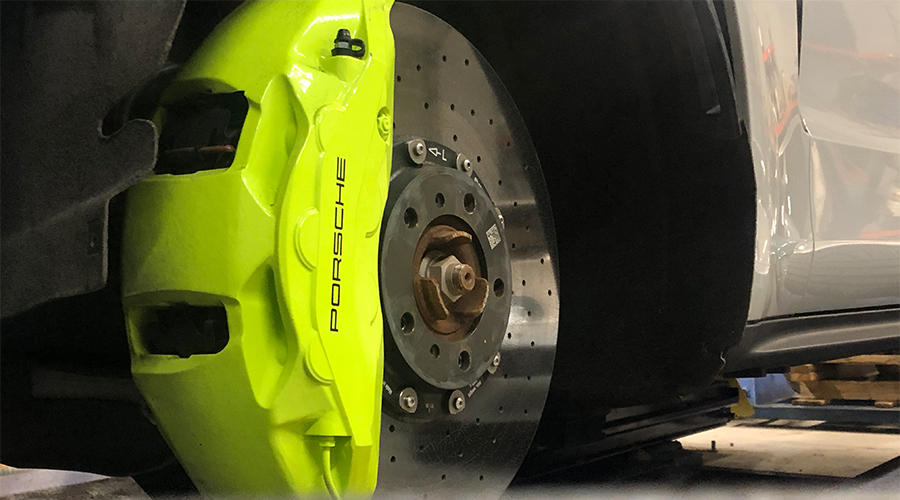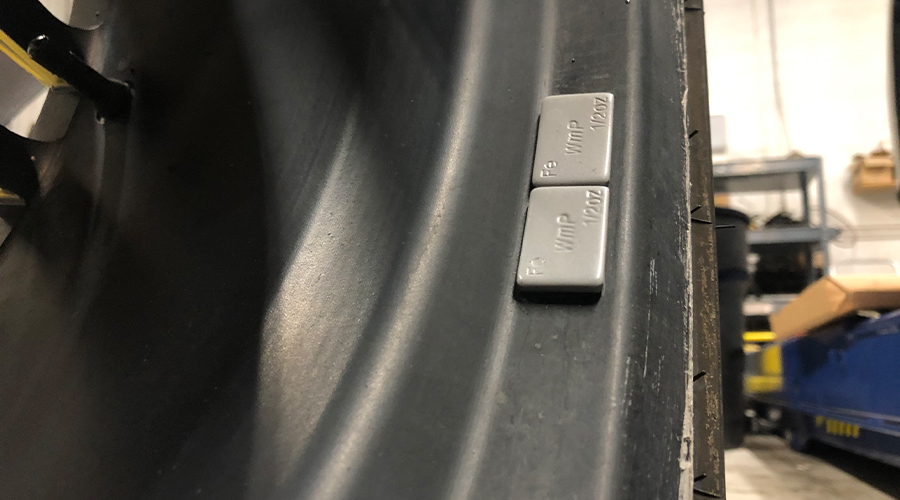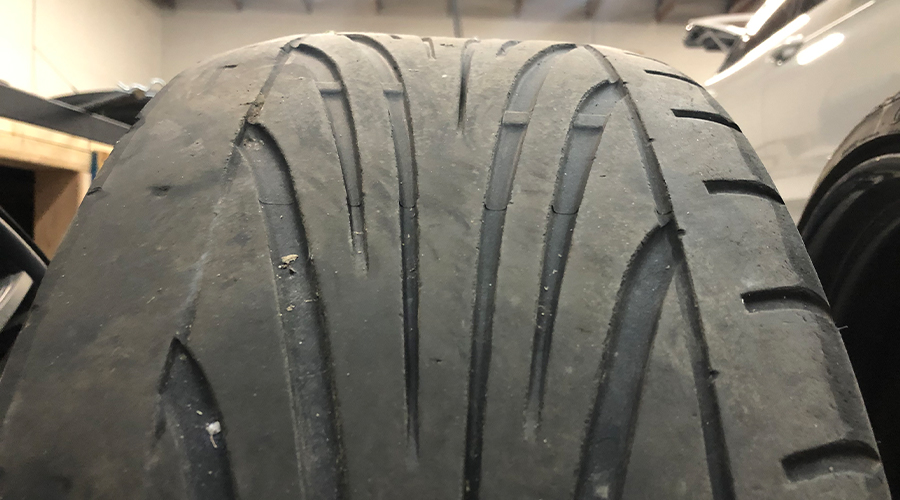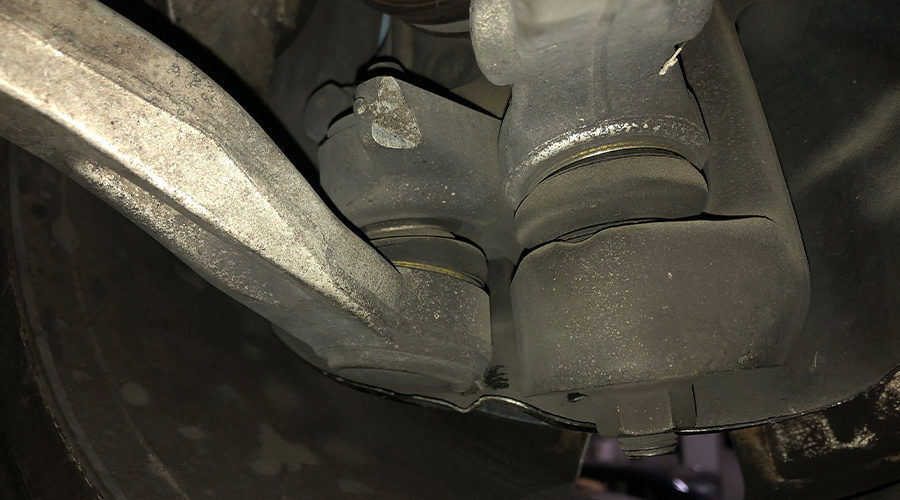Why is My Steering Wheel Shaking?
It may start suddenly or gradually get worse, but when your steering wheel shakes, you notice it. The steering wheel connects you to the front suspension, brakes, wheels, tires, and the road. With so many components, many issues can contribute to a shaking steering wheel. The conditions under which the wheel shakes can be indicative of the problem. At Matson Point S, our technicians will diagnose and fix the issue making your steering wheel shake. Before making an appointment, read up on the most common causes of a shaking steering wheel!
Steering wheel shaking conditions
Not all steering wheel shaking is the same. In some cases, shaking is only noticeable under certain driving conditions. The three main conditions that shaking can occur are:
1.) Continuous – The wheel shakes continuously at any speed
2.) Braking – The wheel shakes when the brakes are applied.
3.) Speed Specific – Shaking is noticed only at specific speeds.
If you notice your steering wheel shaking when you drive, be sure to take note of when it happens. This information can help quickly narrow down the cause of the shake
Causes of a shaking steering wheel
Warped Brake Rotors
The brake rotors are an essential part of your braking system, providing the calipers with a surface to clamp on and slow down. Several factors can cause rotors to become warped.
1.) Rapid Cooling – If you are driving aggressively or braking heavily and immediately wash your car, the rapid temperature change can cause your rotors to warp. Allow your brakes to cool before exposing them to water.
2.) Excessive Heat – Brakes work to disperse heat from the friction created by pads and rotors coming together. If the rotors get too hot, they can warp and cause your steering wheel to shake. Trucks towing heavy loads and vehicles descending steep hills have a higher chance of warping brakes from excessive heat.
3.) Sticking Caliper – A sticking brake caliper creates non-stop friction on one rotor. As you drive, excessive heat from the additional friction can warp the rotor and cause a shake in the steering wheel.
4.) Age – any moving part will become worn out with age. As your rotors age, the overall structural integrity will go down as the material gets worn away. The rotors will become less effective at distributing heat, increasing the likelihood of them warping.
If you notice your steering wheel shaking when you apply your brakes, and the shaking continues until you come to a stop, the likely cause is a warped rotor. Replacing brake pads and rotors is considered a regular maintenance item, meaning a shaking steering wheel caused by warped rotors is a relatively affordable and quick fix.

Wheel Balance
Balancing is essential in eliminating vibration and shake while driving. When tires are mounted, wheel weights get installed on the rim. If a wheel weight is lost or a wheel is improperly balanced, there is a good chance you will notice shaking in your steering wheel while you are driving. A bent or cracked wheel can throw a wheel out of balance as well.
If improperly balanced wheels are the cause, the shaking will occur at specific speeds, most commonly between 35-50 MPH. Shaking at a specific speed is a good indicator that the issue is related to wheel balancing, not failing suspension components.

Tires
Cupping and other irregular tread wear can will cause shaking in the steering wheel. To prevent uneven wear, make sure your vehicle is properly aligned, and the tires are rotated every 5000 miles.
In some cases, vehicles that have sat for extended periods may have shaking in the steering wheel from flat spots in the tires. Most of the time, driving the vehicle will smooth out these flat spots and eliminate the shaking, but not always.

Worn Out or Broken Suspension Components
More common on older vehicles, worn out suspension components like ball joints and control arm bushings can cause shaking in the steering wheel at speed, on rough roads, and under braking. When components connected to the steering wheel wear out, the car loses its “tightness” and can become upset by rough roads or rapid speed changes.
Aggressive braking can cause the wheel to shake as the forces of speed change disrupt the damaged suspension. Unlike warped rotors, once the suspension has settled down, the shaking will stop.
Vibration in the steering wheel that is not speed dependent is more likely to be the result of suspension damage or wear. Suspension issues can be a safety concern. If your car doesn’t handle like it used to or feels “loose”, bring it to a technician as soon as possible for a diagnosis.

Contact Us
If you notice shaking in your steering wheel while you drive, don’t wait to get it diagnosed! Give Matson Point S a call or schedule an appointment today. Our experienced technicians will quickly find and correct the issue making your steering wheel shake.
